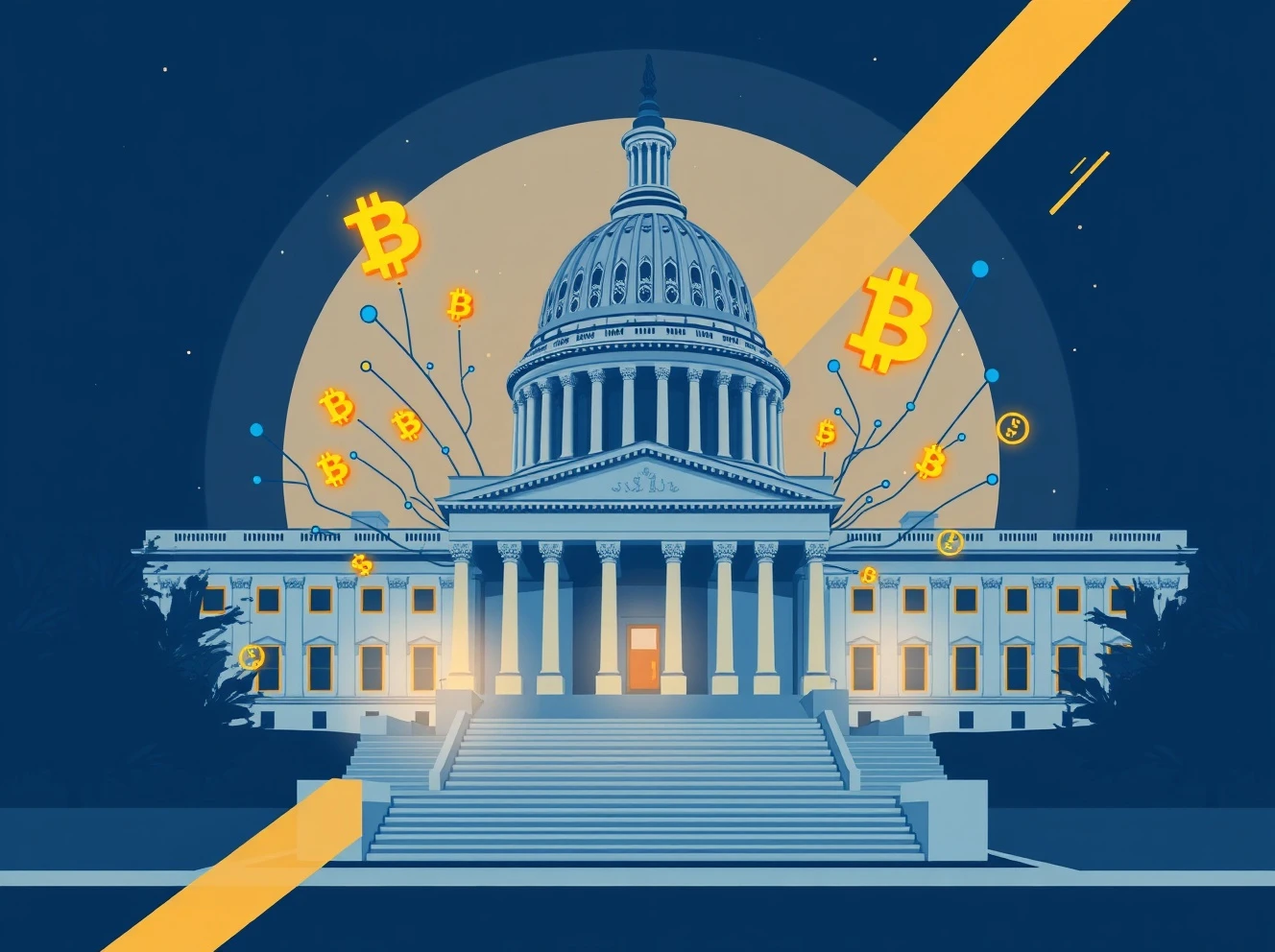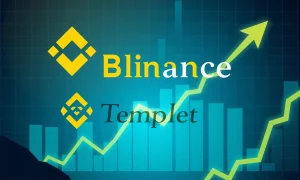The cryptocurrency industry is witnessing an unprecedented regulatory transformation as the SEC introduces a groundbreaking innovation exemption that promises to accelerate digital asset development. This strategic shift under new leadership marks a dramatic departure from previous approaches, potentially positioning the United States as a global leader in blockchain innovation.
What is the SEC Innovation Exemption?
The innovation exemption represents a fundamental policy change designed to foster cryptocurrency development while maintaining investor protections. Essentially, this framework creates a regulatory sandbox where crypto companies can test new products under lighter supervision. Consequently, startups gain the flexibility to innovate without immediately facing the full burden of traditional securities regulations.
Key features of the innovation exemption include:
- Streamlined approval processes for new crypto products and services
- Reduced regulatory barriers for emerging blockchain technologies
- Clear compliance guidelines specifically tailored for digital assets
- Accelerated timeframes for product testing and market entry
Paul Atkins’ Vision for Crypto Regulation
Since assuming leadership in April 2025, SEC Chairman Paul Atkins has championed this innovative approach to cryptocurrency oversight. His philosophy represents a significant departure from the Gensler era’s more cautious stance. Moreover, Atkins emphasizes that very few tokens should automatically be classified as securities, advocating instead for a nuanced evaluation based on each asset’s specific characteristics and distribution method.
Atkins recently explained his vision: “We are implementing this innovation exemption to provide the American crypto industry with the regulatory certainty it needs to thrive. Our goal is to balance consumer protection with technological advancement, ensuring the US remains competitive in the global digital economy.”
Project Crypto: Modernizing Financial Regulation
The innovation exemption forms part of the broader Project Crypto initiative launched in July 2025. This comprehensive effort aims to adapt regulations originally designed in the 1930s to accommodate today’s digital asset reality. Furthermore, the project seeks to harmonize the often conflicting approaches of different regulatory agencies.
Important milestones already achieved include:
- Approval of the first US multi-crypto ETP featuring Bitcoin, Ethereum, and Solana
- Enhanced coordination between the SEC and CFTC on digital asset oversight
- Legal recognition of stablecoins through the GENIUS Act
- Ongoing congressional work on comprehensive market structure reform
Impact on Investors and Market Participants
The innovation exemption delivers significant benefits for various market participants. Retail investors gain access to previously restricted investment opportunities through expanded 401(k) options. Meanwhile, crypto companies benefit from clearer regulatory pathways and reduced compliance costs. Additionally, institutional investors receive greater certainty about the legal status of their digital asset holdings.
This regulatory shift already shows tangible results. The recent approval of multi-crypto ETPs demonstrates how the innovation exemption can accelerate product development while maintaining appropriate safeguards. Consequently, market participants can anticipate faster innovation cycles and more diverse investment products.
Future Regulatory Landscape and Timeline
The SEC plans full implementation of the innovation exemption by year-end 2025. Looking ahead, several key developments will shape the regulatory environment. Congressional votes on market structure reform expected this fall will provide additional legal clarity. Meanwhile, ongoing interagency coordination will continue refining the division of responsibilities between regulatory bodies.
Important upcoming milestones include:
- Final rules for the innovation exemption implementation
- Congressional action on comprehensive digital asset legislation
- Expanded guidelines for token classification and treatment
- Enhanced international regulatory coordination efforts
Frequently Asked Questions
What exactly does the SEC innovation exemption allow?
The innovation exemption creates a regulatory sandbox where cryptocurrency companies can test new products with reduced compliance requirements. This approach allows for faster innovation while maintaining essential investor protections.
How does this differ from previous SEC approaches to crypto?
Unlike previous administrations that focused heavily on enforcement, the innovation exemption emphasizes collaboration and flexibility. The new approach recognizes the unique characteristics of digital assets rather than forcing them into existing regulatory frameworks.
When will the innovation exemption take full effect?
The SEC aims to implement the full innovation exemption framework by the end of 2025. However, some aspects are already operational through Project Crypto and recent regulatory approvals.
How will this affect existing cryptocurrency investments?
Existing investments should benefit from increased regulatory clarity and market stability. The innovation exemption provides clearer guidelines for compliance, reducing uncertainty for both investors and project developers.
What types of crypto projects qualify for the exemption?
Qualification criteria focus on projects demonstrating genuine innovation with appropriate consumer protection measures. The SEC will evaluate applications based on technological novelty, market impact, and risk management protocols.
How does this position the US in global crypto competition?
The innovation exemption significantly enhances US competitiveness by creating a more favorable regulatory environment. This approach may attract blockchain talent and investment that previously sought jurisdictions with clearer regulatory frameworks.








